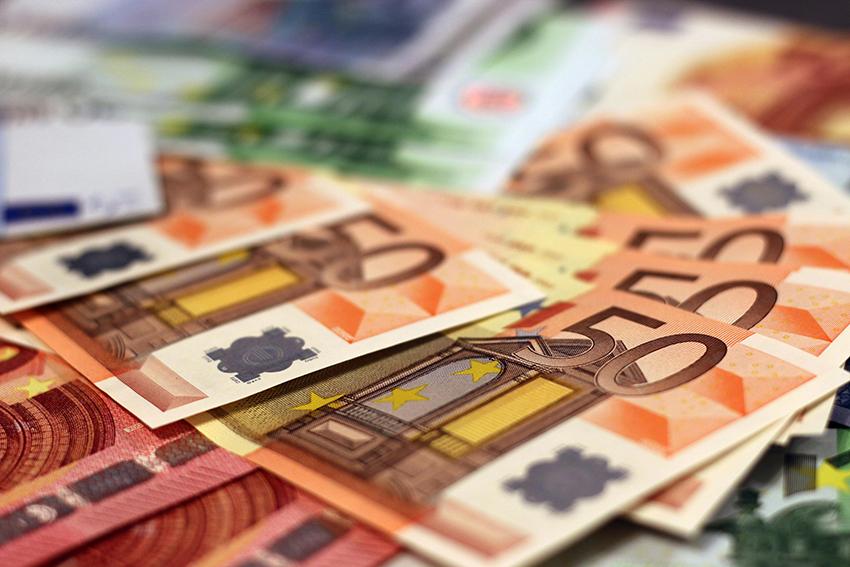Czech government holds off on setting Euro adoption date
The Czech government has decided not to set a target date for adopting the euro, following a joint recommendation from the Ministry of Finance and the Czech National Bank (CNB). The decision comes despite the country meeting three out of five criteria required for euro adoption in the past year.
According to an official report assessing the Czech Republic’s readiness to join the euro area, the country met the public finance deficit, debt level, and interest rate requirements in 2024. However, it did not meet the inflation criterion or the condition of participating in the ERM II exchange rate mechanism, a key step in the euro accession process.
Finance Minister Zbyněk Stanjura acknowledged the positive development in public finances, suggesting that discussions about euro adoption can now begin. He emphasized, however, that public opinion remains a significant factor. “There are no clear economic arguments either for or against the euro. Experience from other countries shows that public support is crucial. With only a quarter of Czechs currently in favor, I see no reason to move forward until support rises to at least 50 percent,” he said.
The report noted that average inflation in the Czech Republic fell to 2.4 percent last year, down from 10.7 percent the previous year. Although this aligns with the CNB’s target of 2 percent, the inflation criterion for euro adoption—set at no more than 1.5 percentage points above the average of the three lowest-inflation eurozone countries—was not met due to varying inflation levels across the EU.
The Finance Ministry expects the Czech Republic to meet the inflation criterion this year, which would leave participation in ERM II as the only remaining hurdle. The country has not yet entered the mechanism, and the government plans to do so only when a concrete euro adoption timeline is established. Experts suggest the Czech Republic should aim to stay in ERM II for the minimum required two-year period.
The analysis accompanying the report also evaluated the Czech Republic’s alignment with the eurozone. It highlighted strong trade and financial links, noting that the Czech koruna often moves in line with the euro. However, differences remain, particularly in economic structure. The Czech economy continues to rely heavily on industry and maintains a wage gap compared to eurozone averages, indicating that full convergence is not yet achieved.
The Czech Republic committed to adopting the euro when it joined the EU in 2004, but no deadline was set. Of the ten countries that joined the EU that year, seven have since adopted the euro. Poland, Hungary, and the Czech Republic remain outside the currency union. Currently, 20 of the EU’s 27 member states use the euro, with Croatia being the most recent to adopt it in 2023.
Source: CTK









